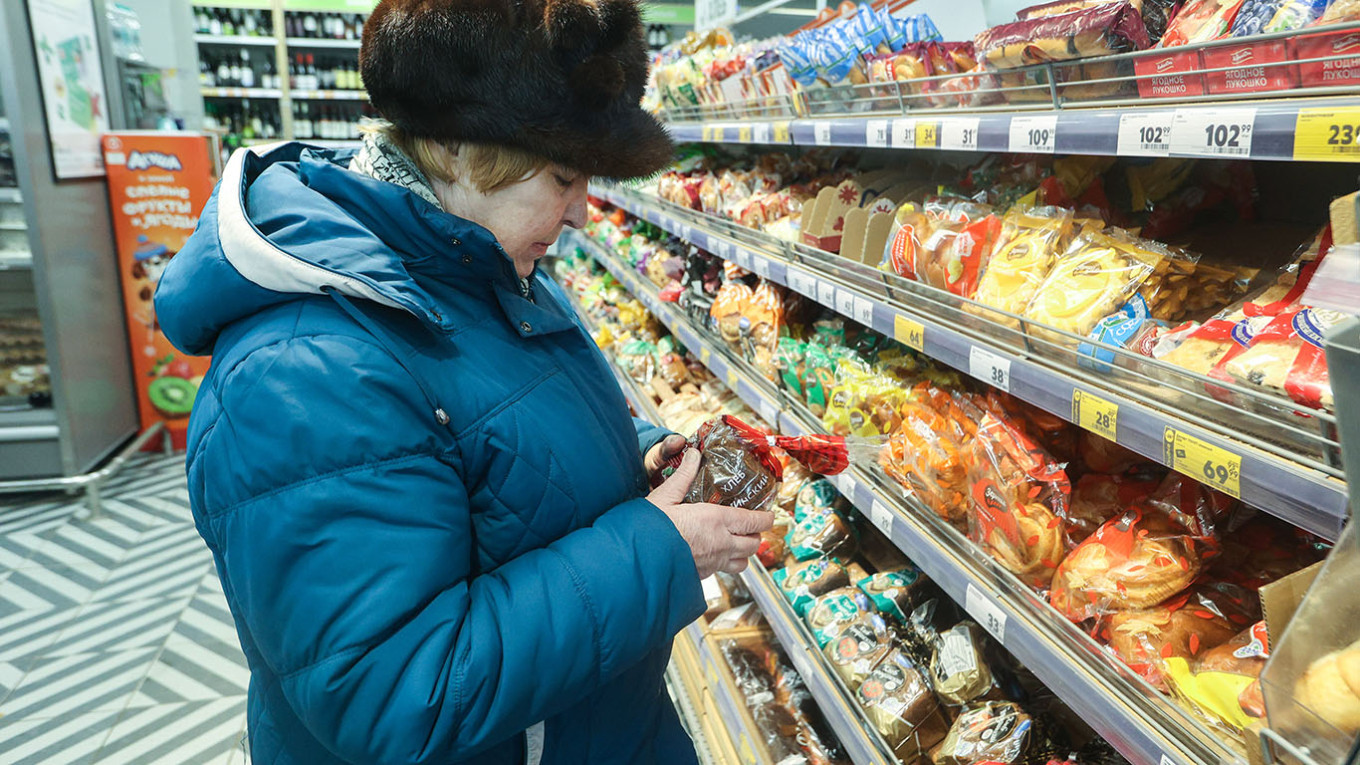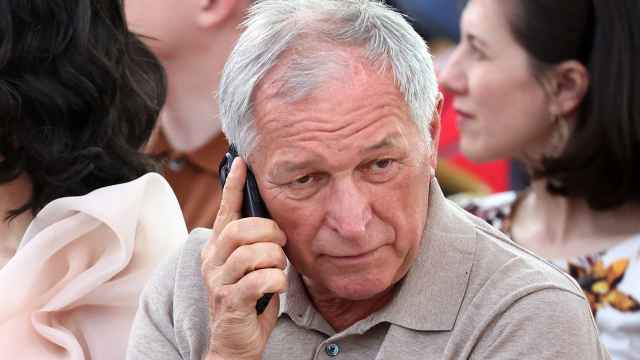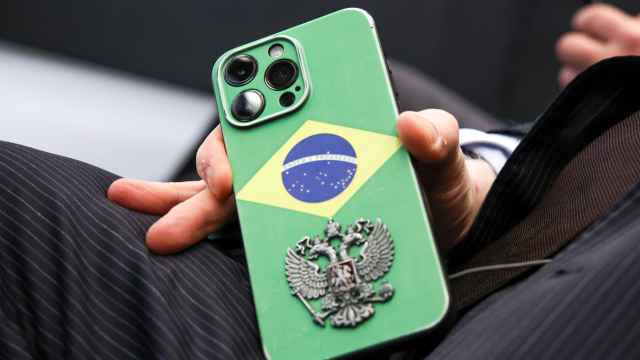Russian retail chains struggling with declining sales are offloading assets at a record pace, the Kommersant business daily reported Wednesday, citing data from consulting firm NF Group.
Between January and October 2025, the total value of retail market transactions surged nearly 86% year-on-year to 65 billion rubles ($710 million).
The total could reach around 283 billion rubles ($3.1 billion) by the end of the year, including deals involving non-core assets, according to estimates by Kirill Malyshev, head of growth and sales strategy at Reksoft Consulting.
That would mark a 25% increase compared to 2024.
Retailers are being forced to sell all or part of their assets due to shrinking revenues, higher operating costs and expensive credit, Yevgenia Khakberdieva, director of the retail property department at NF Group, told Kommersant.
She noted that companies are making deals both to transfer control of their businesses and to attract financing in exchange for equity stakes.
Alexei Vanchugov, managing partner at Vanchugov & Partners, added that many retail chains are facing financial difficulties due to lower shopping mall revenues and growing competition from online marketplaces.
Meanwhile, large national retail chains are acquiring stakes in regional competitors to “advance strategic goals of regional expansion and business diversification,” said Mikhail Zhiganov, director of corporate finance at Strategy Partners.
Retail executives warned in October that consumers are spending less, even on groceries, as Russians turn toward a savings-oriented mindset.
According to Kommersant, this shift in behavior is forcing retailers to keep shelf prices low, eroding profitability. Analysts at Infoline Analytics predict that operating margins among major retail chains could fall to a historic low of 1.7-1.9% in 2025.
The sector’s challenges come amid a broader slowdown in retail trade turnover, according to Rosstat data.
Between January and September 2025, turnover reached 44.6 trillion rubles ($487 billion), up 2.1% year-on-year in real terms — down sharply from 7.7% growth in 2024.
In nominal terms, growth slowed from 15.9% last year to 10% in the first nine months of 2025, Rosstat said.
A Message from The Moscow Times:
Dear readers,
We are facing unprecedented challenges. Russia's Prosecutor General's Office has designated The Moscow Times as an "undesirable" organization, criminalizing our work and putting our staff at risk of prosecution. This follows our earlier unjust labeling as a "foreign agent."
These actions are direct attempts to silence independent journalism in Russia. The authorities claim our work "discredits the decisions of the Russian leadership." We see things differently: we strive to provide accurate, unbiased reporting on Russia.
We, the journalists of The Moscow Times, refuse to be silenced. But to continue our work, we need your help.
Your support, no matter how small, makes a world of difference. If you can, please support us monthly starting from just $2. It's quick to set up, and every contribution makes a significant impact.
By supporting The Moscow Times, you're defending open, independent journalism in the face of repression. Thank you for standing with us.
Remind me later.






